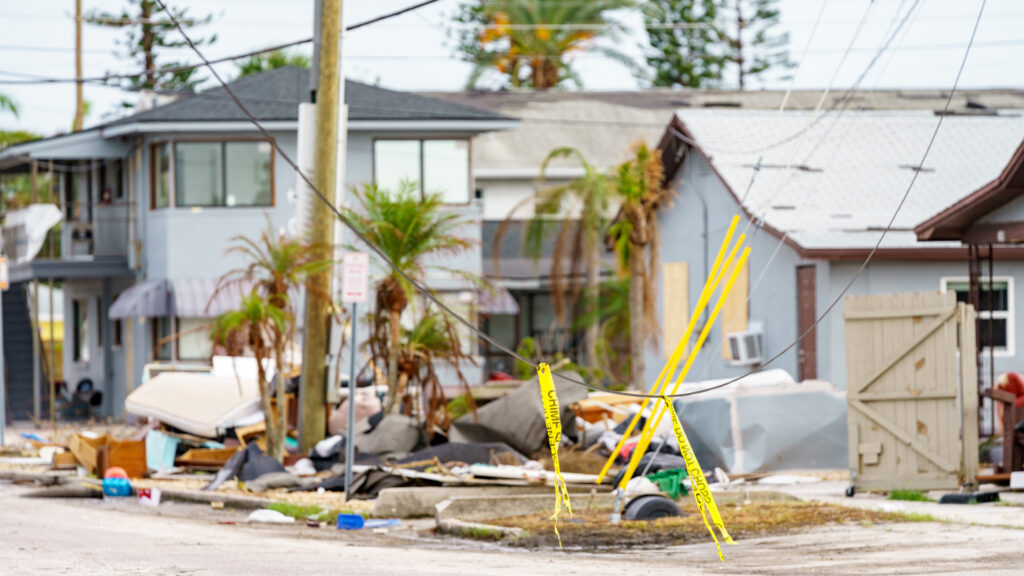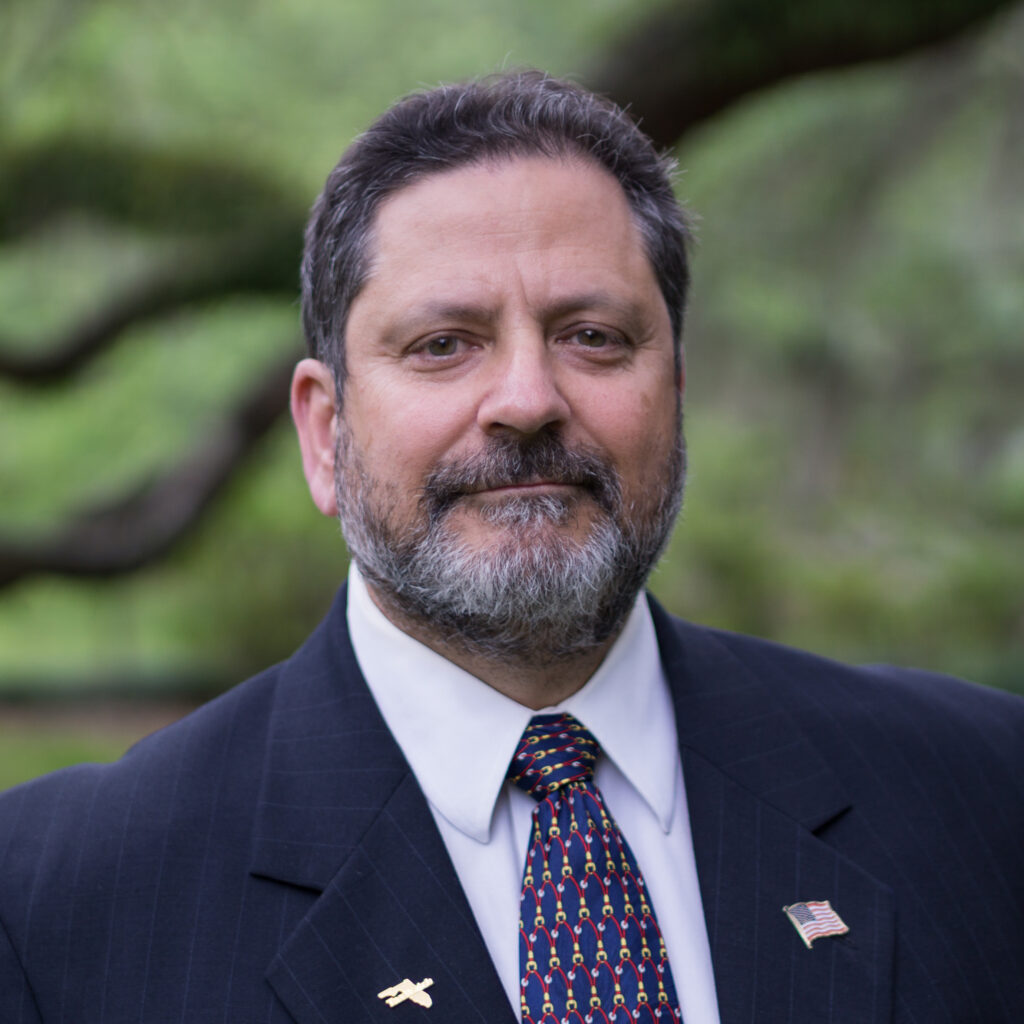By Dominic M. Calabro, Florida TaxWatch
A few years ago, millions of Texans were left freezing in the dark when a historic winter storm caused rolling blackouts. The failure wasn’t just due to the storm — it was a failure of preparation, regulation and investment in energy resilience. Now with the new hurricane season upon us and with Florida’s vulnerability to hurricanes and rising energy demands, Florida cannot afford to make the same mistake.
With Canada imposing tariffs on electricity exports, energy security is once again a national concern. Florida may not rely on Canadian energy, but that doesn’t mean we are immune to an increasingly unstable energy market. If shortages or price spikes hit other regions, Florida could find itself isolated, struggling to secure power when needed most.
At Florida TaxWatch, we believe protecting taxpayers means planning ahead. Our April 2021 briefing, “Revisiting Efforts to Deregulate Florida’s Electric Power Market, What We Learned From Texas’ Recent Blackouts,” showed that energy reliability isn’t just about keeping the lights on — it’s about ensuring economic stability, public safety and the long-term sustainability of Florida’s growth. We must do more to secure our electric infrastructure grid before disaster strikes.

The hidden costs of inaction
Florida’s power grid faces mounting risks, from hurricanes to cyber threats and supply chain disruptions. Without investment in grid infrastructure, power outages will become more frequent, longer lasting and costly. Every hour of lost power costs businesses millions of dollars in lost productivity. For hospitals, emergency responders and vulnerable Floridians, power loss isn’t just an inconvenience — it’s a life-threatening risk.
Beyond physical threats, economic forces also pose a risk. The recent Canadian tariffs highlight how external factors impact energy markets. While Florida may not import Canadian electricity, we depend on fuel and equipment supply chains that could be disrupted by trade tensions or domestic regulatory shifts.
A roadmap for energy security
First, Florida must continue strengthening its electrical grid against storms. While the state has been a leader in hurricane preparedness, grid modernization must remain a top priority.
Investments in underground power lines, microgrids and resilient infrastructure can prevent prolonged outages when severe weather inevitably strikes. A storm-hardened grid means faster recovery, lower costs and fewer disruptions for businesses and residents alike. It also means fewer disruptions to our food supply and dramatically enhances our state and national security.
Cybersecurity protections must also be a central part of Florida’s energy strategy. The rise of cyberattacks on critical infrastructure poses a real and growing threat, and power grids are a prime target. Florida must invest in cutting-edge cybersecurity measures to protect against bad actors who could disrupt power systems, shut down essential services and cause widespread economic damage and potential loss of life and property.
Finally, policymakers must strike the right balance in regulatory oversight. Smart regulation can ensure accountability and prevent failures like those seen in Texas, but excessive red tape could stifle the innovation and investment needed to build a stronger grid. Florida must remain vigilant in reviewing energy policies to ensure they promote reliability, encourage private-sector investment and protect taxpayers from unnecessary cost burdens.

The cost of readiness is less than the cost of disaster
If Florida fails to act now, the price tag will be far greater later. Grid failures don’t just impact homes and businesses — they can trigger economic downturns, drive away investors and put Florida’s reputation, well-being and security at risk.
Taxpayers deserve a plan that ensures Florida’s energy future is stable, secure and affordable. Our state has led in disaster preparedness before — now, we must ensure the same for our power grid.
Dominic M. Calabro has led Florida TaxWatch’s world-class research team – the “eyes and ears” of taxpayers – as president and CEO for nearly all of the organization’s 45-year existence. Banner photo: An utility worker fixes a power line (iStock image).
Sign up for The Invading Sea newsletter by visiting here. To support The Invading Sea, click here to make a donation. If you are interested in submitting an opinion piece to The Invading Sea, email Editor Nathan Crabbe at nc*****@*au.edu.




What does NOAA and FEMA need to be ready? Besides money?
Yes securing our electric grid is vital. Florida is the Sunshine State . Decentralize electric supply thru solar photovoltaics. Centralized electric grids are vulnerable to systemwide blackouts, both natural and manmade .